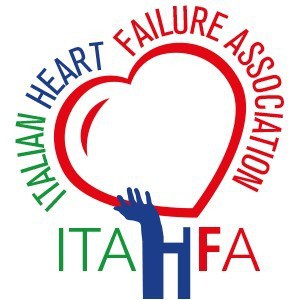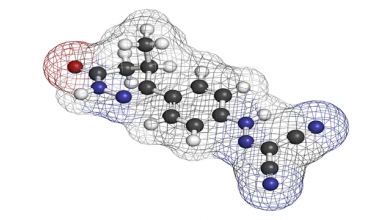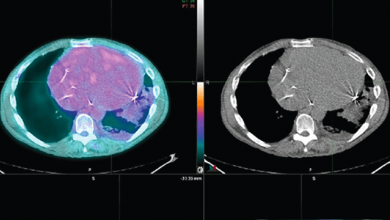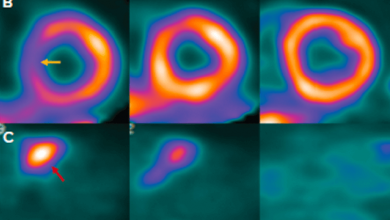Search results
Author(s):
Till Hauffe
,
Bernard Krüger
,
Dominique Bettex
,
et al
Added:
3 years ago
Shock in cardio-surgical intensive care unit (ICU) patients is a serious condition associated with a high morbidity and mortality.1,2 Prompt identification of the underlying condition and timely therapeutic interventions are key to reverse the shock state and to improve the patients’ outcome. Hence, the management during the first 6 hours is of paramount importance. This time period is also…
View more
Author(s):
Maurizio Bertaina
,
Alessandro Galluzzo
,
Nuccia Morici
,
et al
Added:
1 year ago
Inotropes in Acute Heart Failure
Author(s):
Vasiliki Bistola
,
Angelos Arfaras-Melainis
,
Eftihia Polyzogopoulou
,
et al
Added:
3 years ago
Article
Levosimendan Efficacy and Safety
Author(s):
Zoltán Papp
,
Piergiuseppe Agostoni
,
Julian Alvarez
,
et al
Added:
3 years ago
Article
Author(s):
Federica Jiritano
,
Valeria Lo Coco
,
Matteo Matteucci
,
et al
Added:
3 years ago
Cardiogenic shock (CS) is a circulatory failure as a consequence of left, right or biventricular dysfunction.1 It leads to critical end-organ hypoperfusion due to primary cardiac dysfunction.1 Therefore, CS is not only a cardiac disease but also a multiorgan dysfunction syndrome involving the entire circulatory system, often complicated by a systemic inflammatory response syndrome.2 The goals of…
View more
Choosing between LVAD and BiVAD
Author(s):
Sajad Shehab
,
Christopher S Hayward
Added:
3 years ago
Article
Author(s):
Anupam A Kumar
,
Lena E Tran
,
Aniket S Rali
,
et al
Added:
1 year ago
Author(s):
Gerard T Giblin
,
Laura Murphy
,
Garrick C Stewart
,
et al
Added:
2 years ago














